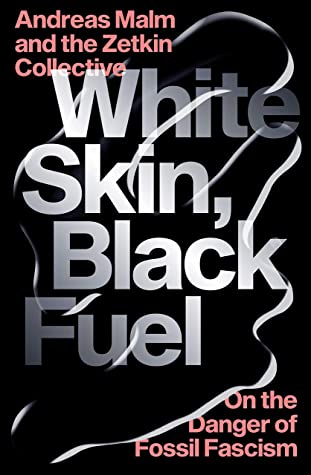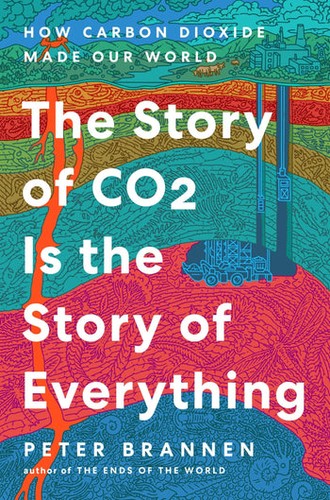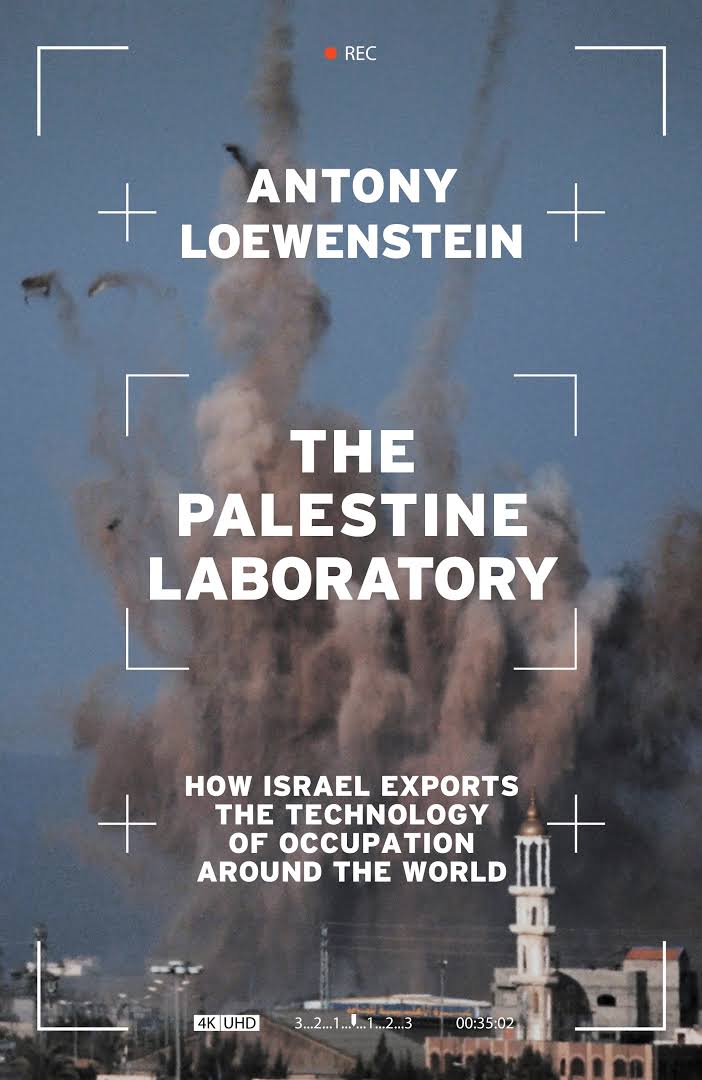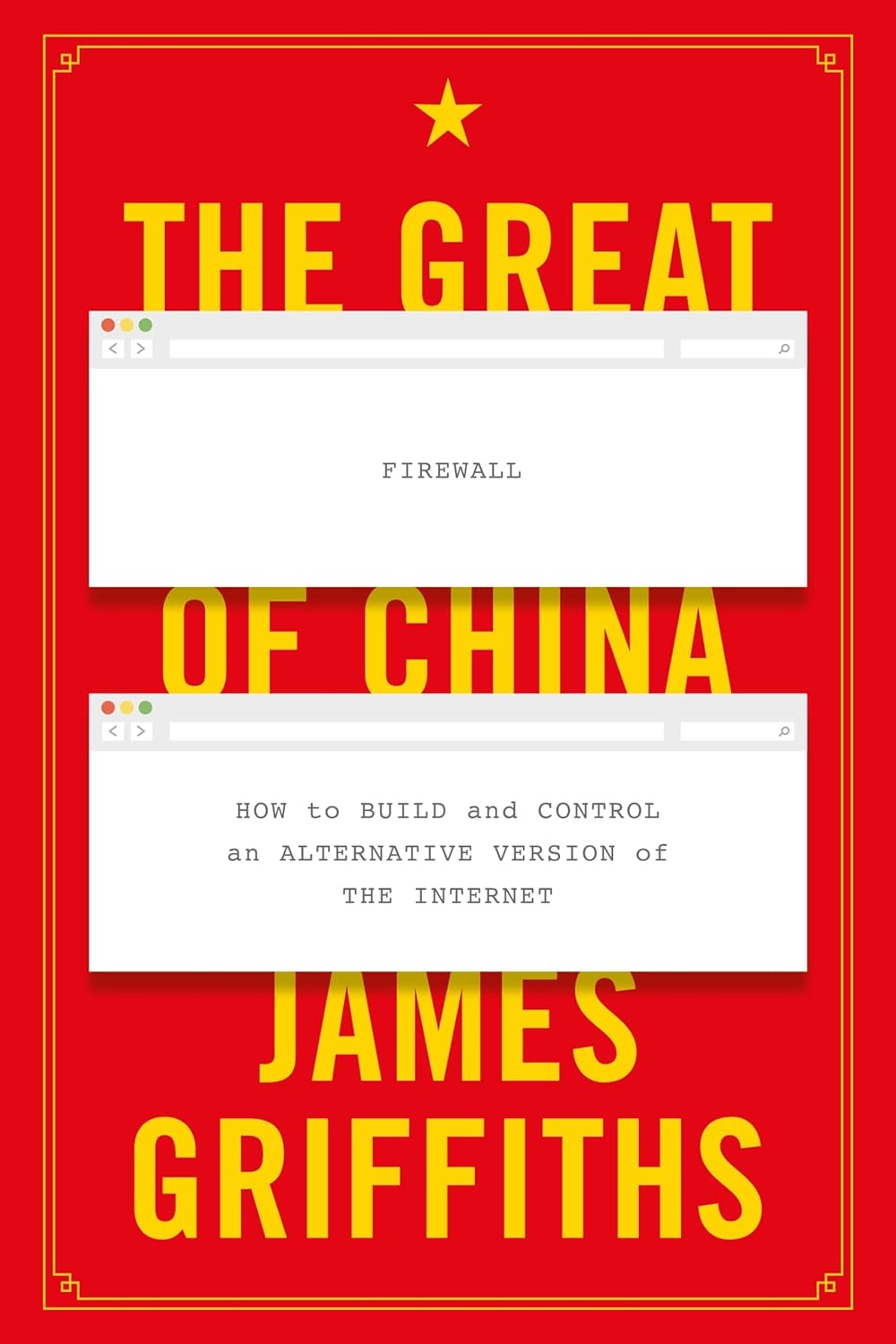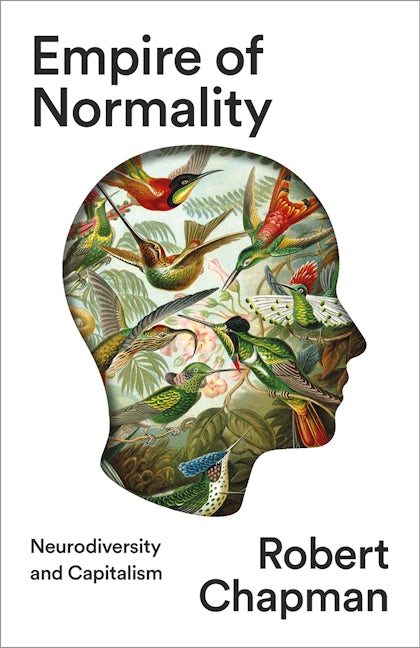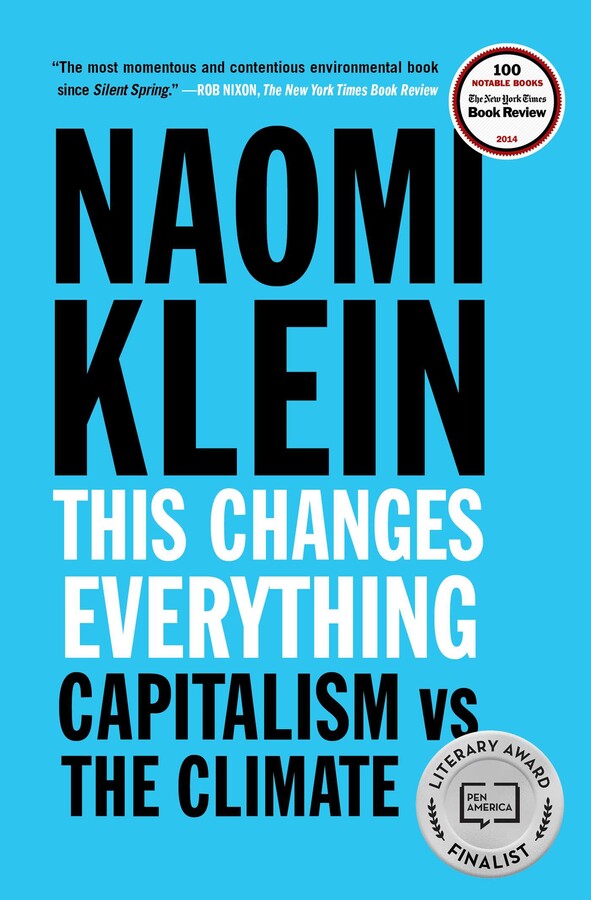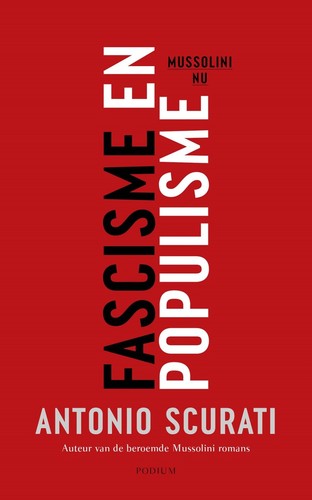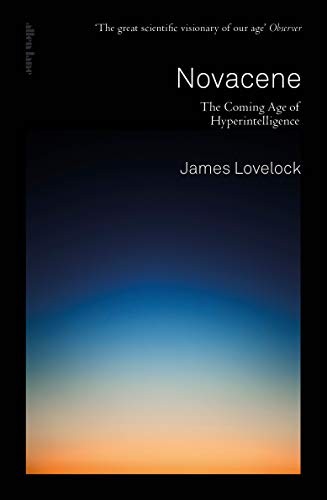Maar toen die angstveteranen weer thuis waren, waar waren ze toen bang voor? Voor de hoopvolle verwachtingen van de anderen. De kleine burgerij, die moeizaam iets had verdiend in de eerste jaren van de nieuwe eeuw, en de middenklasse, die veel te verliezen had, waren ban voor de hoop, de revolutie van de socialisten. Ze waren bang voor die toekomst van verlossing van alle onrecht.
— Fascisme en populisme by Antonio Scurati (Page 71)
Dit citaat (over de opkomst van Mussolini in Italië) doet me de denken aan de analyse (van onze tijd) in Roxane van Iperen's "Eigen welzijn eerst": ook nu trapt de middenklasse naar beneden, in de angst eigen privileges te verliezen.
Dit citaat (over de opkomst van Mussolini in Italië) doet me de denken aan de analyse (van onze tijd) in Roxane van Iperen's "Eigen welzijn eerst": ook nu trapt de middenklasse naar beneden, in de angst eigen privileges te verliezen.
